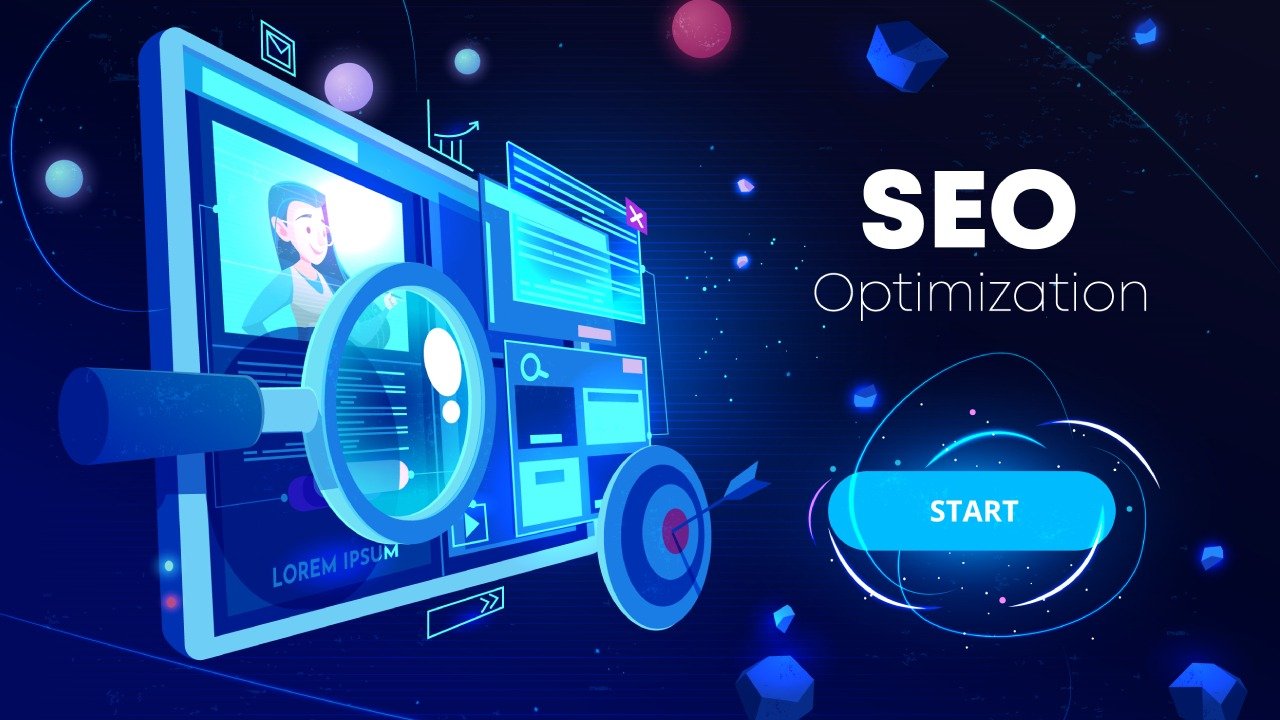SEO in 2025: AI, Voice Search, and Semantic Optimization
The world of SEO is transforming faster than ever. By 2025, artificial intelligence (AI), voice search, and semantic optimization will redefine how websites are discovered, ranked, and consumed. Traditional tactics, like repeating keywords or focusing solely on backlinks, are no longer enough. Modern SEO revolves around understanding user intent, providing meaningful content, and adapting to emerging technologies.
Here’s how businesses can navigate this new landscape.
1. AI is Redefining Search
AI is now central to search engines and digital marketing. Algorithms no longer just match keywords; they evaluate context, intent, and relevance.
Marketers can leverage AI to:
- Analyze competitors and uncover content gaps.
- Predict search trends and identify emerging topics.
- Optimize content for clarity, engagement, and value.
By automating routine SEO analysis, AI allows marketers to focus on strategy and creativity, rather than repetitive tasks.
2. Voice Search Changes How People Search
With smart assistants like Alexa, Siri, and Google Assistant, voice search continues to grow rapidly. Users now speak in full sentences rather than typing short phrases. For example, someone may ask, “Which nearby cafés have vegan options?” instead of typing “vegan café near me.”
To optimize for voice search, brands should:
- Use natural, conversational language.
- Include long-tail and question-based keywords.
- Ensure fast-loading, mobile-friendly pages.
- Keep local business information accurate and up-to-date.
Voice search rewards websites that provide concise and relevant answers quickly.
3. Semantic SEO Puts Meaning First
Semantic SEO focuses on the meaning behind content rather than individual keywords. Search engines analyze relationships between topics, entities, and concepts to deliver the most relevant results.
Key semantic strategies include:
- Topic clusters: Build a central pillar page supported by related subtopics to demonstrate authority.
- Entity optimization: Clearly define and link people, brands, and concepts.
- Structured data: Implement schema markup for rich snippets, FAQs, and enhanced search features.
Semantic optimization ensures content is contextually relevant and easier for search engines and users to understand.
4. User Experience is Essential
Even with AI and semantic tools, user experience remains a core ranking factor. Search engines favor websites that load quickly, are mobile-friendly, and provide clear navigation.
Important UX elements include:
- Easy-to-read layouts and intuitive navigation.
- Engaging content that encourages users to interact.
- Minimizing bounce rates and improving dwell time.
A seamless user experience improves both search rankings and conversions.
5. SEO Strategy for 2025
To succeed in 2025, brands should focus on:
- Intent-driven content: Answer real questions and provide value.
- AI-powered optimization: Analyze data, refine strategies, and predict trends.
- Semantic structuring: Organize content around topics and entities.
- Voice and mobile readiness: Ensure content is accessible, fast, and conversational.
Effective SEO now balances technical precision with meaningful content that serves the audience.
Conclusion
SEO in 2025 is intelligent, user-focused, and context-aware. AI interprets intent, voice search changes how queries are phrased, and semantic optimization ensures content is meaningful.Brands that create clear, helpful, and accessible content will rank higher and build stronger connections with their audience. SEO is no longer about gaming algorithms — it’s about understanding and serving users effectively.


